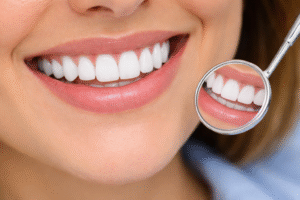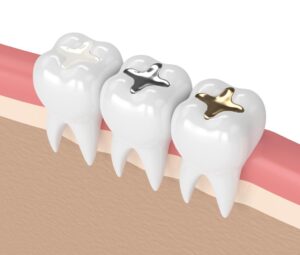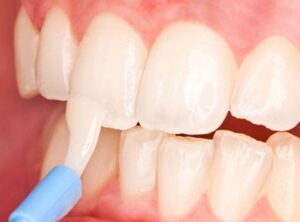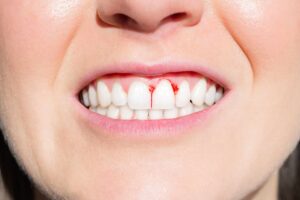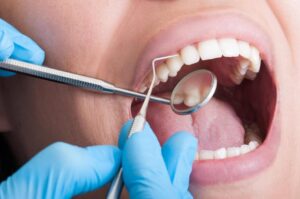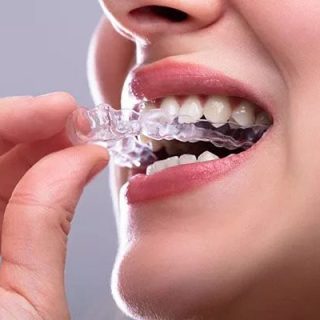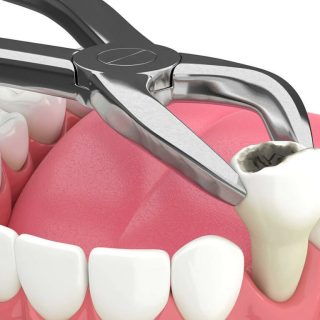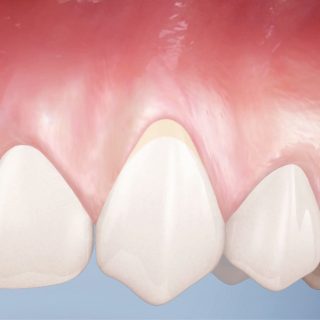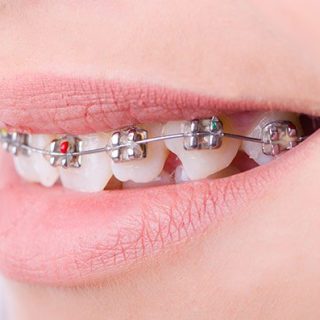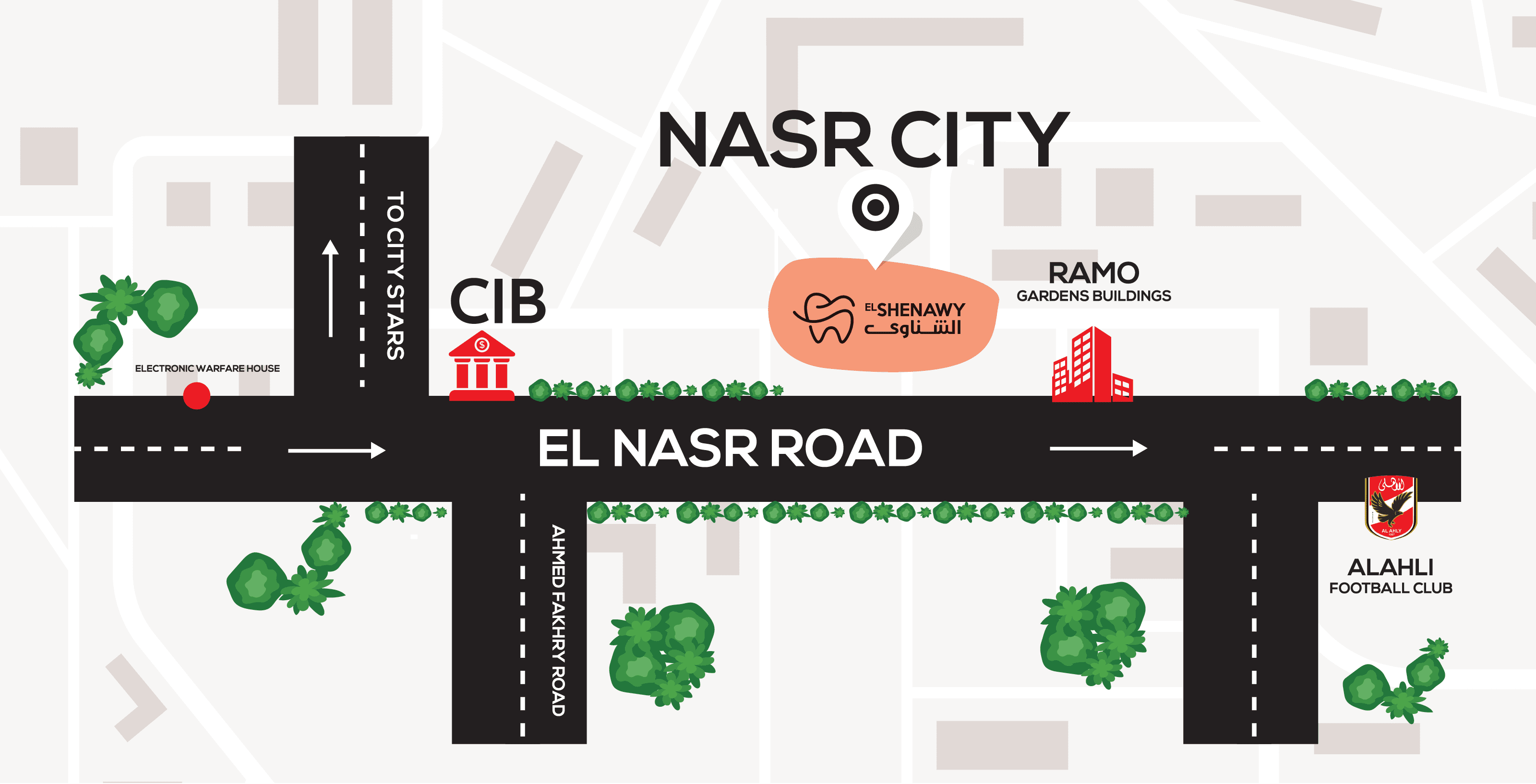Tooth enamel is the tough outer layer of your teeth, serving as the primary shield for your smile. This tough protective shell shields your teeth from daily wear, prevents chips from chewing, and insulates sensitive nerves from hot or cold sensations. However, despite its strength, enamel isn’t indestructible. In fact, tooth enamel erosion is more common than you might think, affecting nearly half of both children and adults. Once damaged, enamel cannot regenerate, making early awareness and care crucial for lifelong dental health.
What is Tooth Erosion?
Dental erosion, or tooth erosion, also known as enamel erosion, is when the protective outer layer of the teeth (the enamel) slowly wears away because it is often exposed to acids. As the enamel erodes, the teeth are more vulnerable to sensitivity, staining, and cavities.
These acids can originate from internal sources, such as stomach acid during reflux, or from the food and beverages you consume. People of all ages can be affected by the gradual softening and dissolution of enamel caused by repeated acid exposure.
Visible Symptoms of Enamel Erosion
The signs of enamel erosion can differ between people, often starting subtly before developing into more obvious and uncomfortable symptoms.
Early symptoms may include:
- Increased sensitivity, particularly when consuming hot, cold, or sweet foods or beverages.
- Tooth discoloration, as the thinning enamel allows more of the yellowish dentin underneath to show through.
- Tiny cracks or chips, especially near the tooth’s edges.
- Surface irregularities, such as tiny dents or pits in the tooth surface.
Tha Main Causes of Tooth Enamel Erosion
Acid erosion can be due to diet, medical conditions, and habits that expose the teeth to acids or physical wear on the teeth. Factors include:
- Frequent exposure to acidic foods or drinks, such as citrus fruits, fruit juice, soft drinks (including sugar-free drinks), vinegar,… etc.
- Chewable supplements and medications, like vitamin C tablets or acidic syrups, that lower the pH level in your mouth.
- Excessive brushing, which can erode already-softened enamel, particularly close to the gum line.
- Teeth grinding (bruxism), this causes physical stress on the enamel surface and leads to erosion of enamel.
- Frequent vomiting or chronic acid reflux allow stomach acids to enter the mouth and erode tooth enamel.
- Bulimia nervosa, an eating disorder that exposes teeth to frequent bouts of stomach acid.
- Taking certain medicines over a long period, like some antihistamines, can reduce saliva and dry out the mouth.
- Some people are born with naturally thin or weak enamel due to genetic conditions like enamel hypoplasia.
Managing and treating tooth enamel erosion
The right treatment for tooth enamel acid erosion depends on how far the process has progressed.
If you have early tooth enamel erosion the advised tooth enamel treatment may include:
- Topical fluoride treatments to help strengthen the damaged enamel and slow down the erosion process.
- Remineralizing products or fluoride varnish, which reinforce the remaining enamel and provide additional protection.
If the erosion is more advanced and has altered the structure of the tooth, restorative solutions may be needed, such as:
- Dental bonding: To fix small chips and cover worn areas, a tooth-colored resin is applied.
- Veneers: Thin shells that cover the teeth’s front surface, enhancing their strength and appearance.
- Crowns: A crown is a cap that covers and protects a badly fractured tooth.
- Fillings or root canal treatment: When the tooth’s inner layers have been eroded, fillings or root canal therapy are used.
- Tooth extraction: Rarely, when a tooth is irreparable, it may be extracted.
Is tooth enamel erosion reversible?
No. Unfortunately, enamel is different from other body tissues because it doesn’t have living cells. This means that once it’s damaged, either physically or chemically, it can’t heal itself or grow back. However, On the bright side, enamel typically wears away slowly over time. If you catch it in the early stages, you can stop it from getting worse. With proper care, you can protect the remaining enamel and keep your teeth strong for years to come.
Tips to prevent tooth enamel loss
- Support your oral health with daily brushing using a soft-bristled brush and fluoride-based toothpaste.
- Decrease your intake of citrus fruits, sodas, vinegar-based diet and other acidic foods that could erode your enamel slowly over time.
- Give your mouth at least 30 minutes after eating before brushing. This makes it possible for your saliva to neutralise acids and protect your enamel.
- Rinse your mouth to help remove food particles and acids after meals or snacks.
- Avoid eating in the three hours before bedtime, since your saliva production slows down when you’re sleeping, making your enamel more vulnerable to harm.
- Chew sugar-free gum After meals. It has the potential to increase saliva flow, which protects enamel and neutralizes acids.
- Visit your dentist regularly for checkups and cleanings. This way, they can spot any early signs of enamel erosion and help you keep your teeth healthy.
When to visit the dentist?
Routine dental examinations are critical to maintaining strong, healthy teeth. For most people, the normal routine is to visit the dentist every 6 months to maintain your oral health. However, you should make an appointment as soon as possible if you observe:
- Increased tooth sensitivity
- Visible erosion indicators, like pitting, chipping, or discoloration
- Any pain when eating or drinking
Early detection of dental erosion can lessen the need for complicated treatments and help avoid more severe damage.
At El-Shenawy Dental Centers, our expert team is trained to detect the earliest signs of tooth enamel erosion and provide effective, personalized care. With advanced tools and a patient-first approach, we’re here to ensure your teeth stay protected and comfortable every day.
It’s always the right time for a dental check-up! Book your consultation at El-Shenawy Dental Centers today.
Frequently Asked Questions
- Is enamel erosion a serious condition?
Yes, enamel erosion is serious. This can cause sensitivity, discoloration, and if you don’t treat it, you’re more likely to get cavities and even lose your teeth
- How fast does tooth erosion occur?
Tooth erosion is a slow and gradual process, giving you enough time to address it. Additionally, by maintaining proper oral hygiene and making healthy lifestyle choices, you can stop additional enamel erosion even if you have already lost some.
- Is dental erosion the same as dental decay?
No, they’re different. Dental erosion is caused by acids wearing down the enamel, while dental decay (cavities) is caused by bacteria producing acid as they feed on sugar.





